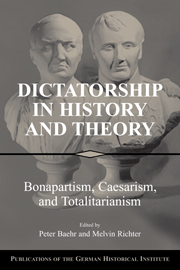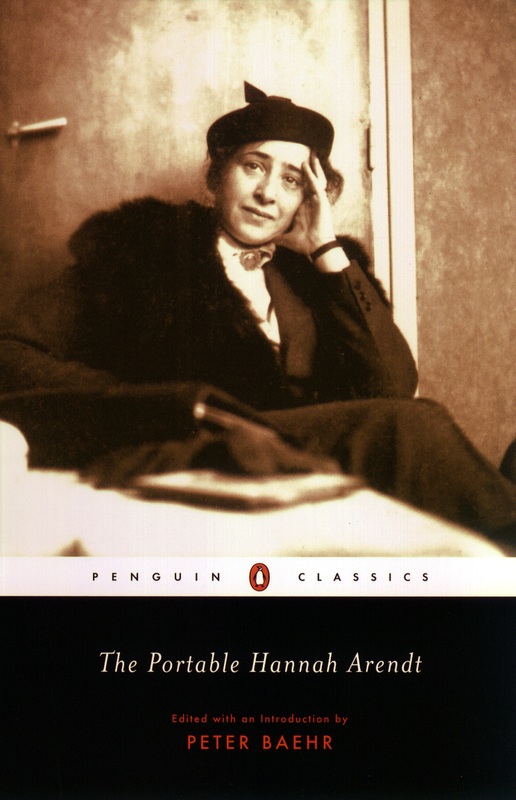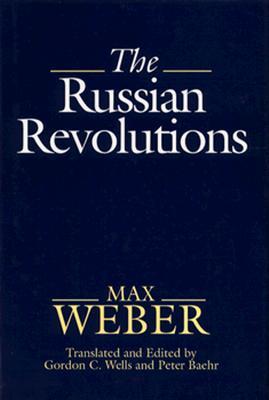Edited books
The Anthem Companion to Hannah Arendt
|
‘The Anthem Companion to Hannah Arendt’ offers the best contemporary work on Hannah Arendt, written by the best scholars currently working in this field. Original, authoritative and wide-ranging, the critical assessments of this volume will make it ideal for Arendt students and scholars alike.
‘Anthem Companions to Sociology’ offer authoritative and comprehensive assessments of major figures in the development of sociology from the last two centuries. Covering the major advancements in sociological thought, these companions offer critical evaluations of key figures in the American and European sociological tradition, and will provide students and scholars with both an in-depth assessment of the makers of sociology and chart their relevance to modern society. |
Eichmann and the Holocaust
|
The perfect books for the true book lover, Penguin’s Great Ideas series features twelve more groundbreaking works by some of history’s most prodigious thinkers. Each volume is beautifully packaged with a unique type-driven design that highlights the bookmaker’s art. Offering great literature in great packages at great prices, this series is ideal for those readers who want to explore and savor the Great Ideas that have shaped our world.
Inspired by the trial of a bureaucrat who helped cause the Holocaust, this radical work on the banality of evil stunned the world with its exploration of a regime’s moral blindness and one man’s insistence that he be absolved all guilt because he was ‘only following orders’. |
Dictatorship in History and Theory: Bonapartism, Caesarism, Totalitarianism
|
Bringing together the work of historians and political theorists to examine the complex relationships among nineteenth century democracy, nationalism, and authoritarianism, this study pays special attention to the careers of Napoleon I and III, and of Bismarck. An important contribution is consideration of not only the momentous episodes of coup d'etat, revolution, and imperial foundation which the Napoleonic era heralded, but also the contested political language with which these events were described and assessed. Political thinkers were faced with a battery of new terms--"Bonapartism," "Caesarism," and "Imperialism" etc...--with which to define their era.
|
The Protestant Ethic and the Spirit of Capitalism and Other Writings
|
In The Protestant Ethic, Max Weber opposes the Marxist concept of dialectical materialism and relates the rise of the capitalist economy to the Calvinist belief in the moral value of hard work and the fulfillment of one's worldly duties. Based on the original 1905 edition, this volume includes, along with Weber's treatise, an illuminating introduction, a wealth of explanatory notes, and exemplary responses and remarks-both from Weber and his critics-sparked by publication of The Protestant Ethic and the Spirit of Capitalism.
This is the first English translation of the 1905 German text and the first volume to include Weber's unexpurgated responses to his critics, which reveal important developments in and clarifications of Weber's argument. |
The Portable Hannah Arendt
|
The first major anthology of Arendt, one of the major contributors to social and political thought in the twentieth century.
Although Hannah Arendt is considered one of the major contributors to social and political thought in the twentieth century, this is the first general anthology of her writings. This volume includes selections from her major works, including The Origins of Totalitarianism, Between Past and Future, Men in Dark Times, The Jew as Pariah, and The Human Condition, as well as many shorter writings and letters. Sections include extracts from her work on fascism, Marxism, and totalitarianism; her treatment of work and labour; her writings on politics and ethics; and a section on truth and the role of the intellectual. |
Max Weber: The Russian Revolutions
|
This book is the first English-language edition of Weber's writings on the revolutions in Russia in 1905 and February 1917. Weber discusses the events and examines the issue of Russian 'liberalization' and its prospects in a way that, after the dissolution of the Soviet Union, has great relevance today.
|




